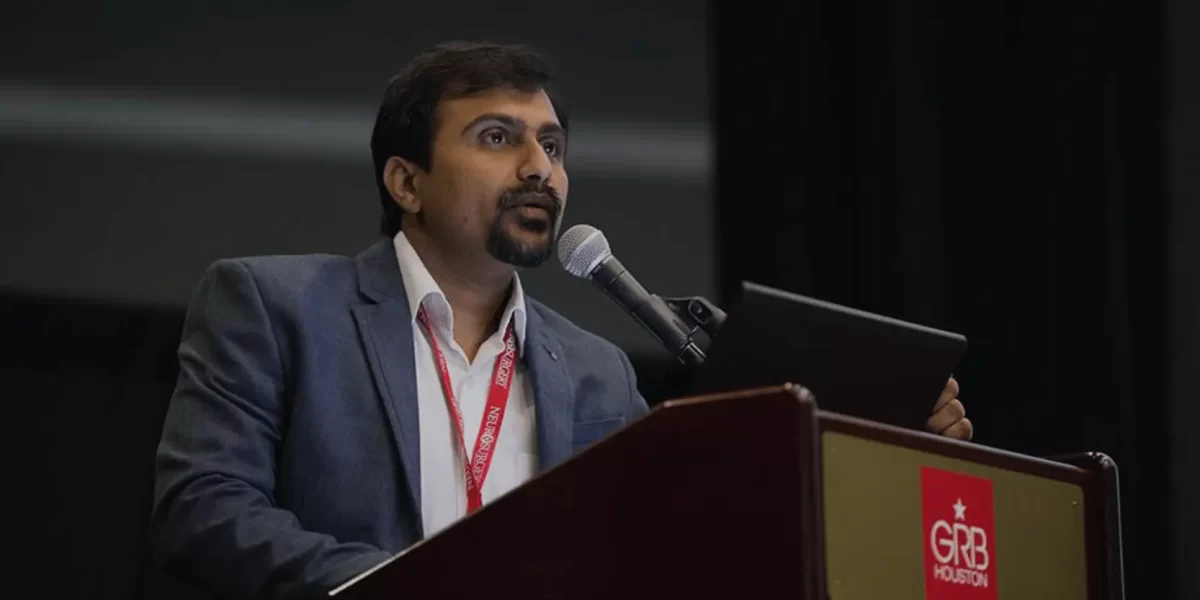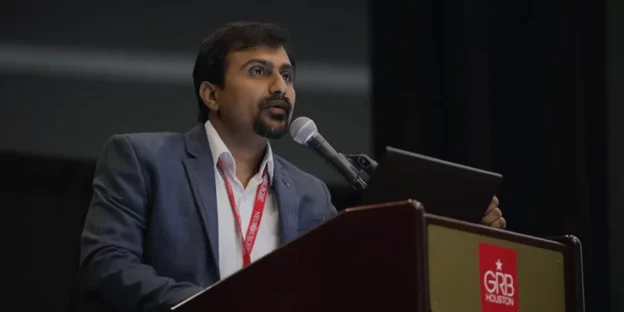Guntur
Meningitis – the best treatment is at Dr Raos, Guntur
Introduction
Meningitis is a serious infection of the meninges, the thin membranes that surround and protect your brain and spinal cord. It’s usually caused by a virus, but can also be caused by bacteria, fungi, or parasites. Meningitis can occur in people of any age, but is most common in infants and young children. Meningitis is a medical emergency. It can cause death or permanent disability if not treated promptly. Early diagnosis and treatment are critical. Looking for the best neurology and neurosurgery treatment in Guntur look no further than Dr Raos hospital founded by Dr Rao.
causes
Meningitis is most often caused by a viral infection, but can also be caused by bacteria, fungi, or parasites. The most common cause of meningitis in the United States is the virus that causes the common cold. Other viruses that can cause meningitis include the flu, mumps, and measles. Bacterial meningitis is much less common than viral meningitis but is much more serious. The bacteria that most often cause meningitis are Streptococcus pneumoniae (pneumococcus), Haemophilus influenzae type b (Hib), Neisseria meningitidis (meningococcus), and Listeria monocytogenes. Fungal meningitis is very rare but can occur in people with weakened immune systems.
symptoms
Symptoms of meningitis can vary depending on the person, but there are some common symptoms that are seen in most cases. These include a high fever, severe headache, and a stiff neck. In some cases, people may also experience nausea, vomiting, and increased sensitivity to light. If you or someone you know is experiencing these symptoms, it is important to seek medical attention immediately as meningitis can be a very serious condition.
Diagnosis
A lumbar puncture, also called a spinal tap, is the most common test used to diagnose meningitis. This procedure involves removing a small amount of cerebrospinal fluid from the lower back for testing. The fluid is examined for bacteria, viruses, or other organisms that may be causing meningitis. A lumbar puncture can also be used to determine the type of meningitis you have.
treatment
There are two types of meningitis, viral and bacterial. Viral meningitis is less serious and usually goes away on its own. Bacterial meningitis is more serious and can be deadly. Bacterial meningitis is treated with antibiotics. Antibiotics kill the bacteria that are causing the infection. It is important to start treatment as soon as possible. The earlier you start, the better your chances are of surviving. If you have meningitis, you will be hospitalized so that you can be closely monitored. You will likely be given intravenous (IV) antibiotics. You may also need other treatments, such as: – Fluids through an IV to prevent dehydration – Pain relief medication – Oxygen therapy – Corticosteroids to reduce inflammation – seizure medication
antibiotic resistance
Antibiotic resistance is a major problem with treating meningitis. The bacteria that cause meningitis are constantly changing and becoming more resistant to antibiotics. This means that the antibiotics that were once effective against meningitis may no longer work. There are a few reasons why antibiotic resistance is such a problem with meningitis. First, meningitis is a very serious disease and even a small delay in treatment can be deadly. Second, the bacteria that cause meningitis are very good at surviving in the body and are difficult to kill. Finally, there are not many different types of antibiotics that are effective against meningitis. The best way to avoid antibiotic resistance is to prevent meningitis in the first place. Vaccines are available that can protect against some of the most common types of bacteria that cause meningitis. It is also important to finish all of the antibiotics prescribed for meningitis even if you start to feel better. This will help to make sure all of the bacteria are killed and prevent them from becoming resistant.
Conclusion
Meningitis is a serious infection of the meninges, the protective membranes that surround the brain and spinal cord. It can be caused by bacteria, viruses, or fungi, and can lead to death or permanent disability if not treated promptly and properly. Early diagnosis and treatment are critical to a good outcome. While most people recover from meningitis with no lasting effects, some people experience long-term problems such as hearing loss, seizures, or learning disabilities. Antibiotic resistance is a growing problem, making it more difficult to treat meningitis effectively. Meningitis is a serious disease that can have devastating consequences. prompt diagnosis and treatment are essential for the best possible outcome. Looking for the best neurology and neurosurgery treatment in Guntur look no further than Dr Raos hospital founded by Dr Rao.


